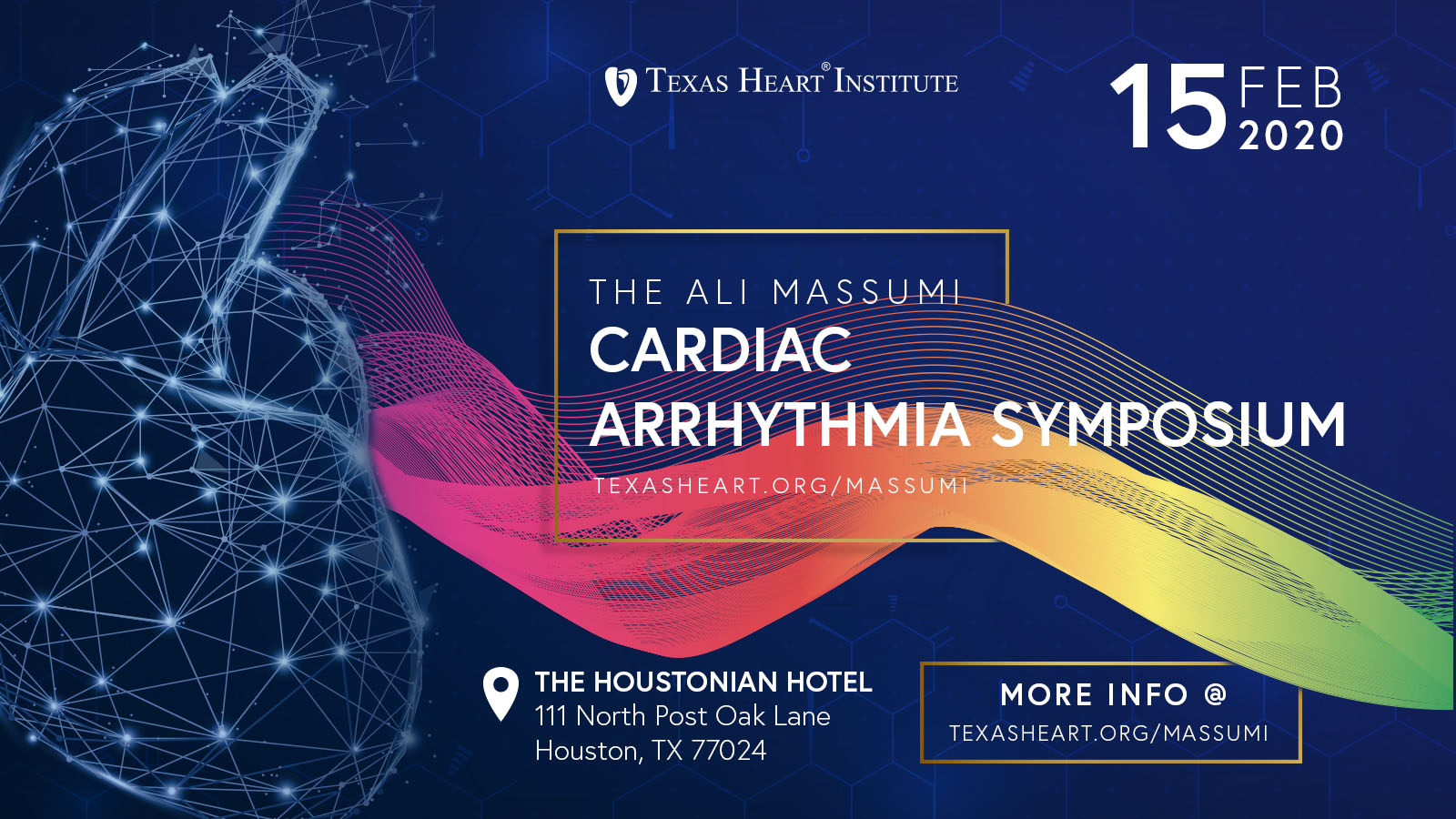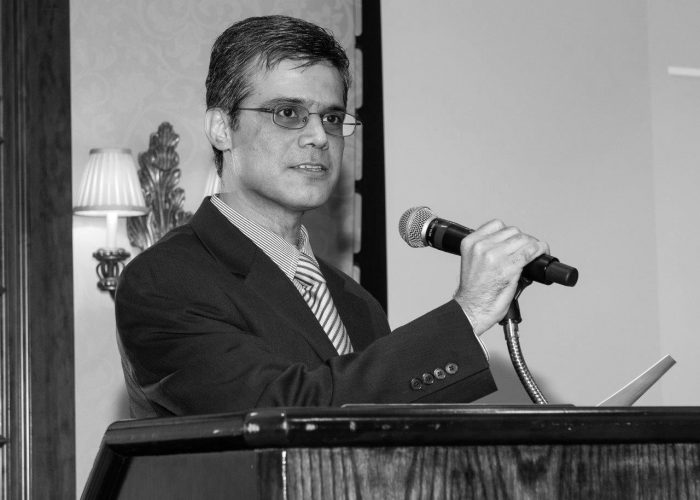Atrial Fibrillation is a public health burden associated with substantial morbidity and mortality. There have been recent changes to the way we manage patients with atrial fibrillation (AF). Catheter ablation for AF has become mainstream options with low risk. New catheter came to the market which may improve the outcome of AF ablation and reduce complications. Surgical management of AF is currently recommended in paroxysmal or persistent AF during concomitant heart surgery. Standalone surgical ablation for AF can be considered with caution in patients who are intolerant or refractory to antiarrhythmic medication. Several studies have produced promising results using the new ablative modalities, which emerged over the last few years. Nevertheless, there is still a requirement for additional high quality RCTs in order to be able to make reliable evidence-based recommendations regarding the surgical management of AF.
Guidelines for the use of anticoagulants have been updated and expanded. There are non-pharmacologic therapies now available to prevent embolic strokes in patients who are at increased risk of bleeding. Catheter ablation for AF has become mainstream options with low risk. New catheter came to the market which may improve the outcome of AF ablation and reduce complications.
Arrhythmias occurring during pregnancy can cause significant symptoms and even death in mother and fetus. The management of these arrhythmias is complicated by the need to avoid harm to the fetus and neonate. Ideally, management should start before conception, but during pregnancy treatment should only be initiated for severe symptoms or hemodynamic compromise.
During the past few decades, cardiac electrophysiology (EP) has evolved from a specialty that primarily implanted simple pulse generators (pacemakers) for bradycardia therapy to a specialty with an expanded practice in detecting and terminating arrhythmogenicity via complex catheter-based techniques. Representative of this development are the rapidly evolving treatment options for patients with ventricular tachycardia and fibrillation (VT/VF), the most common cause of sudden cardiac death. Pharmacotherapy has not proven to be an adequate treatment option for many of these patients. An implantable cardioverter-defibrillator (ICD) can terminate malignant ventricular arrhythmias and has been shown to improve survival in high-risk populations.
The Ali Massumi Cardiac Arrhythmia Symposium is designed to provide electrophysiologists, cardiologists, internists, and associated professionals with state-of-the-art information on the fundamental mechanisms of cardiac arrhythmias and the best practice approaches to clinical diagnosis, evaluation and management of abnormal heart rhythms.

.svg)




